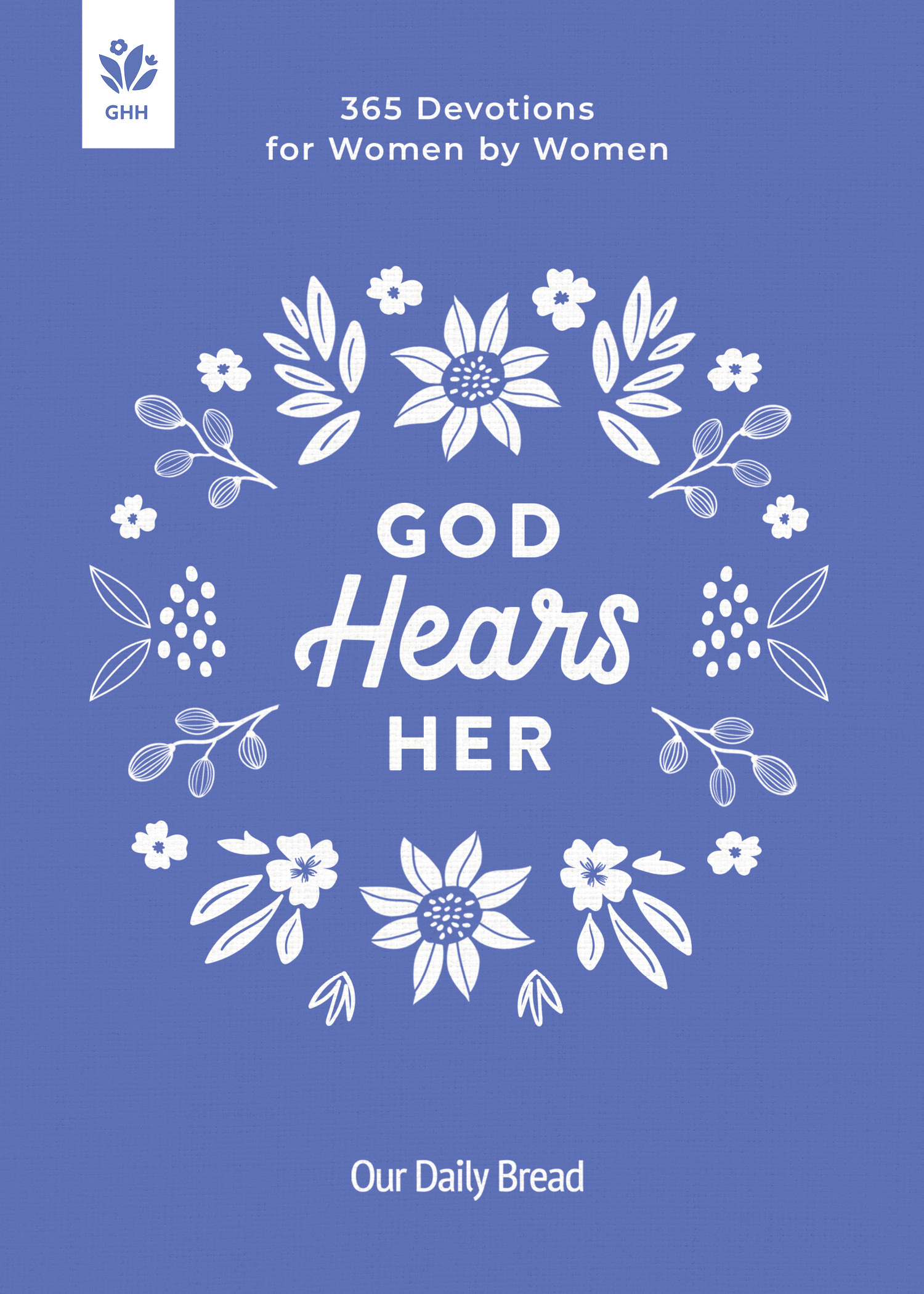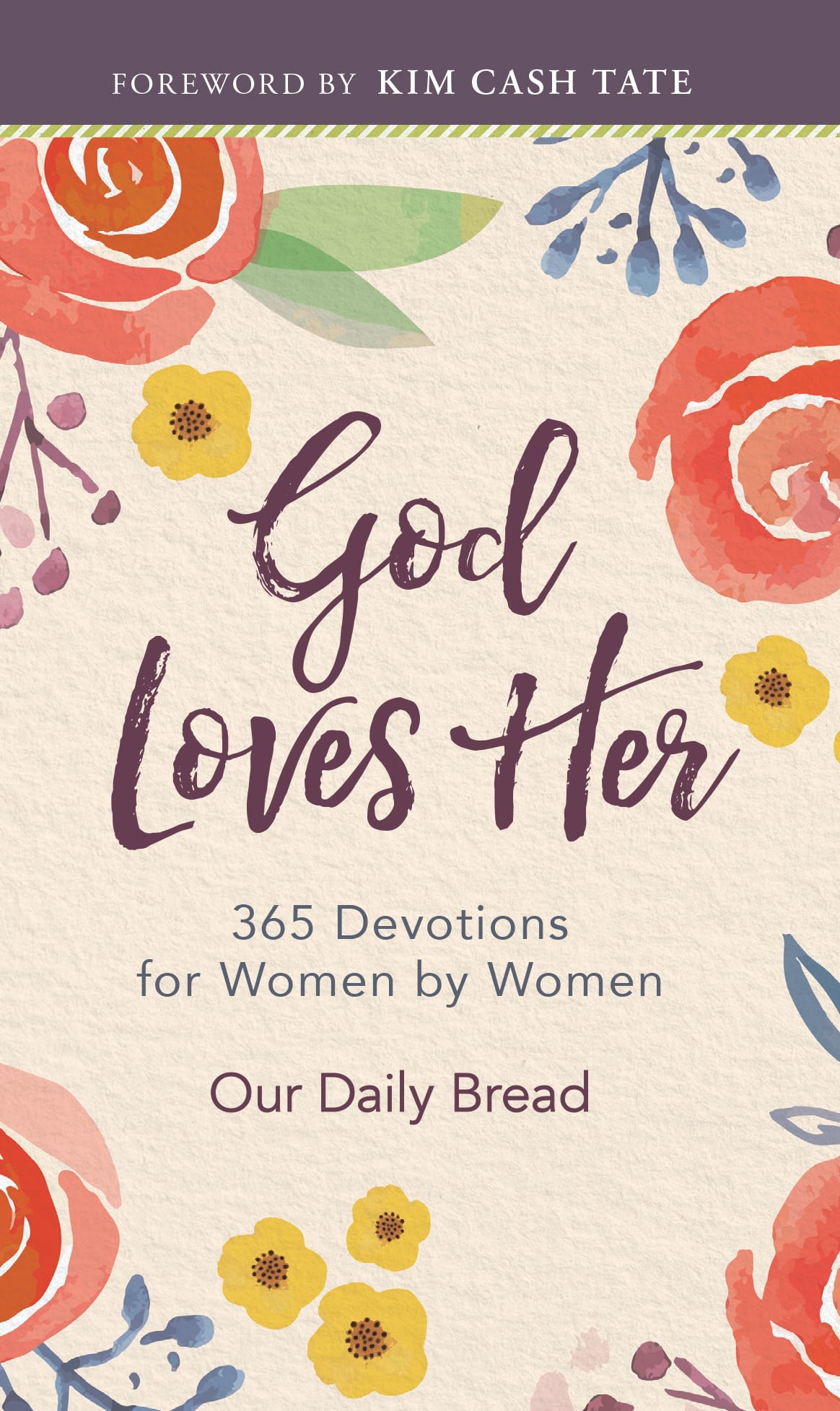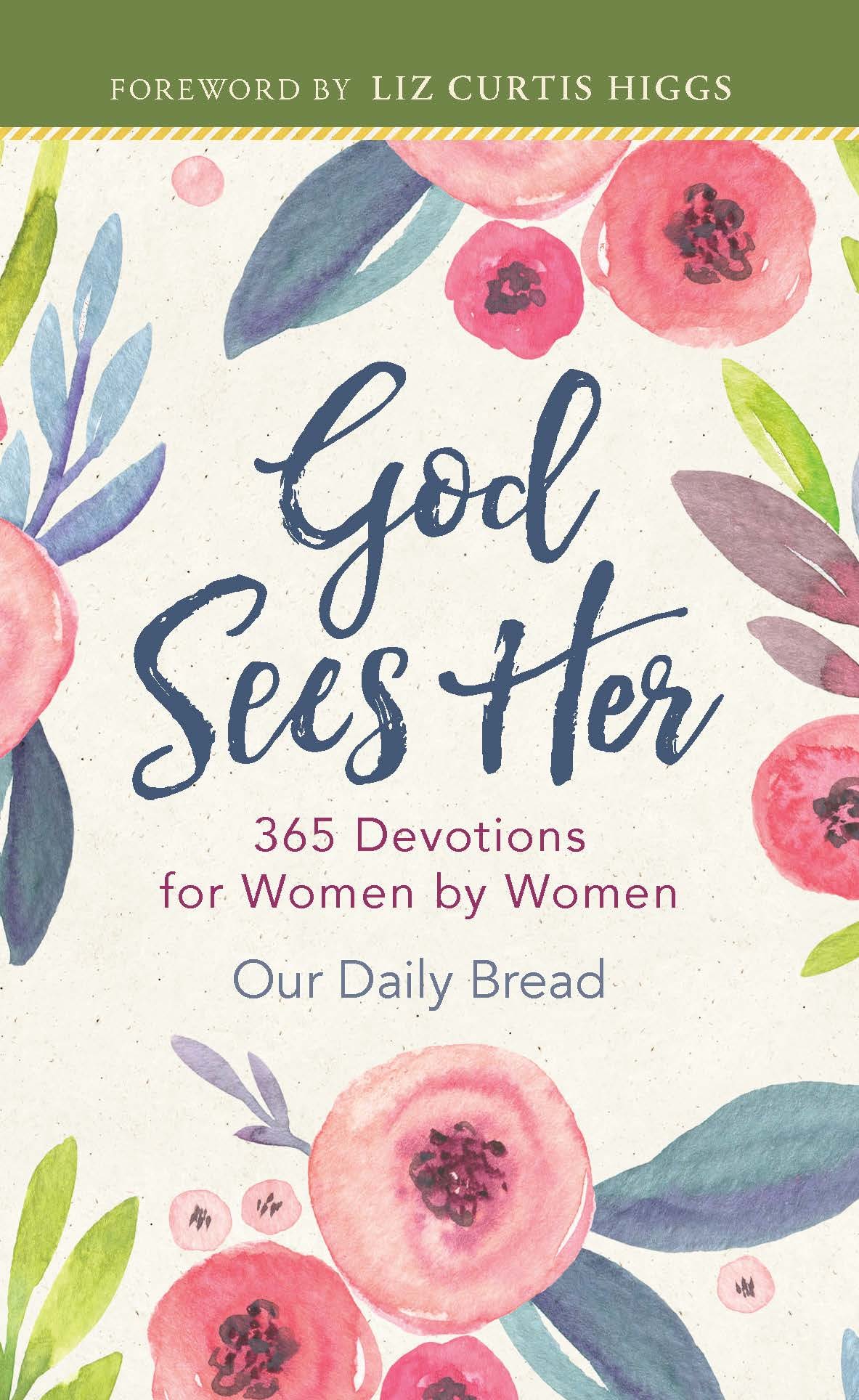“Let’s go around the circle and introduce ourselves. Tell us a little bit about yourself and your family.”
While this introductory question was fitting given the project we were about to discuss, my heart sank just a bit when I heard it. As the people around the table shared, it became clear: My answer was going to be different. While the others spoke of their spouse, shared the names and ages of their children, I mentioned my parents, my siblings and their spouses, and my nieces and nephews. It wasn’t the answer anyone was expecting—the question was asked because it was, even subconsciously, assumed that everyone around the table had a spouse and children to talk about. The people around the table shared a faith, but the assumption underlying the question, and the not-quite-sure-what-to-say response to my differing answer, made me wonder, and not for the first time, if the Christian definition of “family” can be too small.
When I consider good examples of what family truly looks like, beyond the bounds of those who have the label of our spouse or sibling or cousin, Molly Weasley from the Harry Potter series comes to mind. Molly’s son, Ron, becomes friends with Harry early in the series, and throughout the story Molly repeatedly exemplifies what it looks like to treat a non-family member as though they’re truly family. Knowing his parents have passed away and the aunt and uncle he lives with don’t treat him well, she sends Harry Christmas and birthday presents, invites him to stay at their home for long periods of time, and often remembers—and worries about—Harry in a motherly way no other adult in the story quite seems to. Her actions aren’t done out of abundance or boredom. With seven children of her own and very little money, she had every right to be stingy with both her love and her family’s resources—and yet she never is.
It’s a fictional example, but it makes me consider what a larger vision of family could look like. The Bible doesn’t exactly give many examples of a perfect two parent, two-point-five child, white picket fence family. Only four chapters into the Bible, we find our first instance of sibling rivalry between Cain and Abel, which goes so far it results in one son dead and the other banished. Family stories don’t improve much from there. Isaac and Rebekah played favorites with their sons Jacob and Esau. Rebekah even stooped to trickery to ensure her preferred son Jacob received the blessing intended for Esau. Jacob goes on to marry sisters, Rachel and Leah, but very clearly loves and favors Rachel and doesn’t love Leah. If these are “biblical families,” I don’t know that I’m particularly interested in participating.
While these particular families aren’t worth emulating, elsewhere in the Bible we do catch glimpses of more positive relationships. In the story of Ruth, she willingly leaves her own homeland (and likely family) to follow her mother-in-law Naomi back to her home. Ruth didn’t have to do this—she had married one of Naomi’s sons, but he passed away before they could attempt to move back. Naomi and Ruth were in-laws, but the bond and dedication from Ruth runs deeper than what was required by that relationship and definitely deeper than what we sometimes see in the world around us.
Jesus Himself expands the view of “family” (on several occasions actually). In John 19, as Jesus was dying on the cross, He spoke to some of the people gathered:
When Jesus saw his mother there, and the disciple whom he loved standing nearby, he said to her, “Woman, here is your son,” and to the disciple, “Here is your mother.” From that time on, this disciple took her into his home. (John 19:26–27, NIV)
At other places in the Gospels, Jesus’ brothers are mentioned, but if they were present at the cross, they’re not included in John’s telling of the story. Instead, Jesus trusts that one of His disciples will take care of his mother after He’s gone. The boundary lines of family weren’t limited to the people Jesus had grown up with–He was showing us something about what it means to truly treat and embrace everyone who is in God’s family as though they’re a part of our own.
Now, loving and building healthy relationships with the family we call our own is good and right. Yet I wonder what our holidays, text message threads, random weeknight evenings, our lives in general might look like if we lived as though Jesus’ pronouncement from the cross defined our view of family, instead of ending our view at our own household or family party. Loving people like family is hard work, and there’s no guarantee it’ll turn out picture perfect, or even well—just like in our given families. But I’ve seen glimpses of it in my own life and church, and it’s beautiful when it’s done well. How might we be being called to open our lives and homes in ways that will stretch and challenge us?
–Written by Brianna DeWitt. Used by permission from the author.







2 Responses
I can honestly say that I am much closer to my church family than my blood family. I raised my sons’ in a Bible believing and teaching, caring church. I had to go on SS Disability and they carried us until the Disability Income came in. I was 37 and a RN. My sons’ was this and had already made their professions of faith and been baptized and were very active in the church. Now, though, neither has stuck to the faith. One has changed to another faith and the other claims to be an atheist. My grandchildren will not grow up knowing the truth of the Bible and it breaks my heart. My parents helped raise my sons and they were devout Christians and loved them dearly. Their father could not handle my illness and we divorced. I worked hard to make a loving home for them.
I pray continuously for the Holy Spirit to work in their hearts. My church family is who really love and care for me.
What a sight to see if our world treated everyone as family!!!